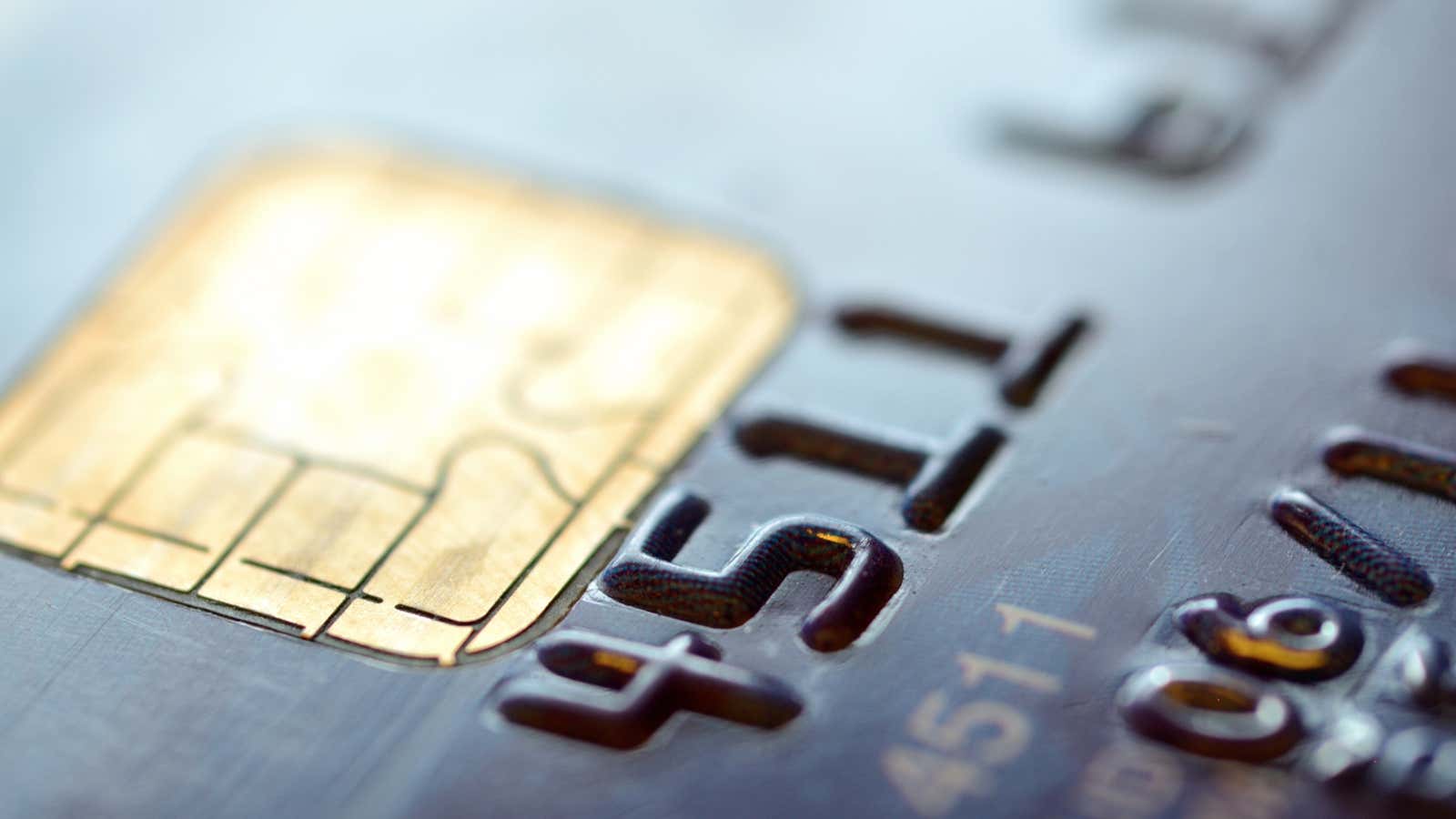How to Choose a Secure Credit Card

Getting a loan can be nearly impossible if you don’t have a credit rating yet or if it’s too low. So what should you do if you want to show potential lenders that you can use your loan responsibly? A secured credit card may be the answer.
Unlike a typical credit card, a secured credit card does not actually offer credit on its own, as it requires an upfront deposit, which usually matches your credit limit. Once you have used the card for a specified period of time, you will receive your deposit back and can upgrade to a regular unsecured credit card.
But not all secured credit cards are created equal. Here are some things to look out for if you are considering applying for one of these.
Reporting to credit bureaus
The most important thing to consider when you select a secured card – this is, according to whether the card issuer of your credit activity to the credit bureaus . The essence of a secure card is to ensure responsible use of credit, which can be seen by at least one of the credit bureaus: Experian, TransUnion or Equifax. Most card issuers do this, but if you don’t see this policy clearly stated in the card application details, call and ask before applying.
How much is the deposit?
The initial deposit for a secured card can range from $ 200 to $ 2,000, and you can have a choice of how much you want to deposit within that range. Remember that the deposit is held by your lender, so you must have enough money to deposit as well as enough money to pay for whatever you use with your card during each month. A high limit can help with the utilization of your credit , which in turn helps your credit score, but you will only want to take advantage of this if you are comfortable with the cash required for a deposit.
What is the interest rate?
If you open a secured credit card designed for people with bad credit, you can count on an interest rate of 25-28%. Lower interest rates in the 13-18% range can be found in many credit unions. (For comparison, the average interest rate on regular credit cards is currently 16.04% )
In theory, the interest rate doesn’t matter because you will want to pay off your balance in full each month and never pay a cent in interest, especially on secure cards. But even the smartest plans can go awry, so it’s prudent to look at a lower interest rate.
Is there an annual fee?
You can see the annual fee listed, but you really don’t need to pay it. There are so many options for secured credit cards with zero annual fees plus, you are already making a deposit. Don’t pay extra to get a loan. Major credit card issuers such as Capital One and Citi often have zero-fee secured cards, and a Google search for “best secured credit cards” will surely find options with no annual fee.
What about bonus programs?
Reward programs for protected cards are few, but they are. However, rewards are not a priority – you are building up your credit, not chasing points at Platinum AmEx. Nonetheless, money back rewards can be a good advantage, as some cards offer a money back of about one or two percent.
How soon can you switch to an unprotected card?
After you create your secured credit card payment history, you can usually switch to a “regular” unsecured credit card and get your deposit back. Many protected cards do this automatically or inform you about the possibility of switching to a new card within eight months after making a deposit. Learn what an upgrade policy is and how the process works before you apply.